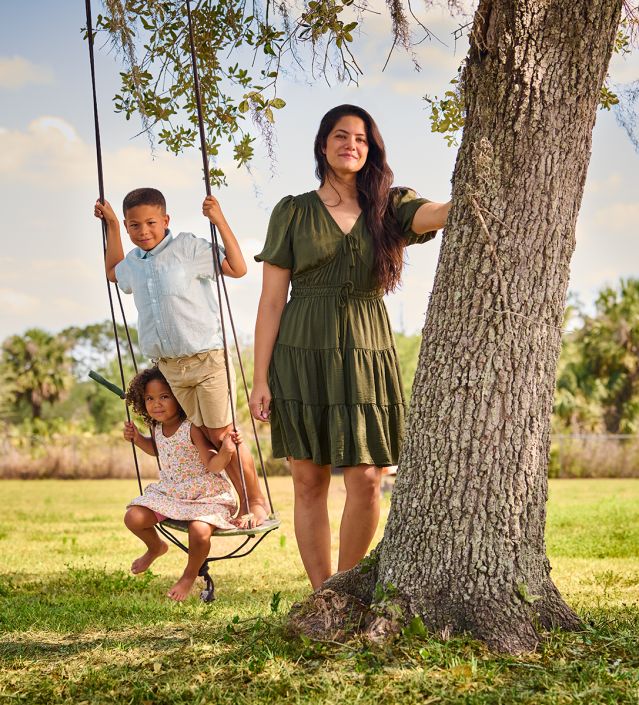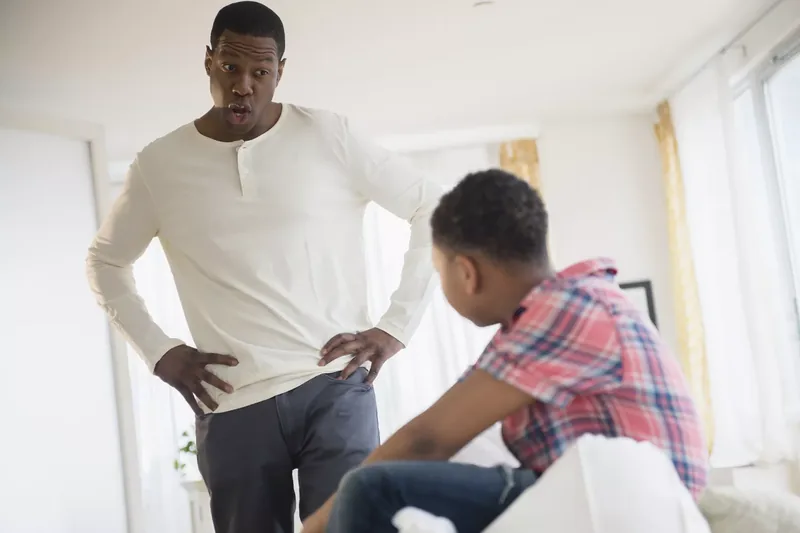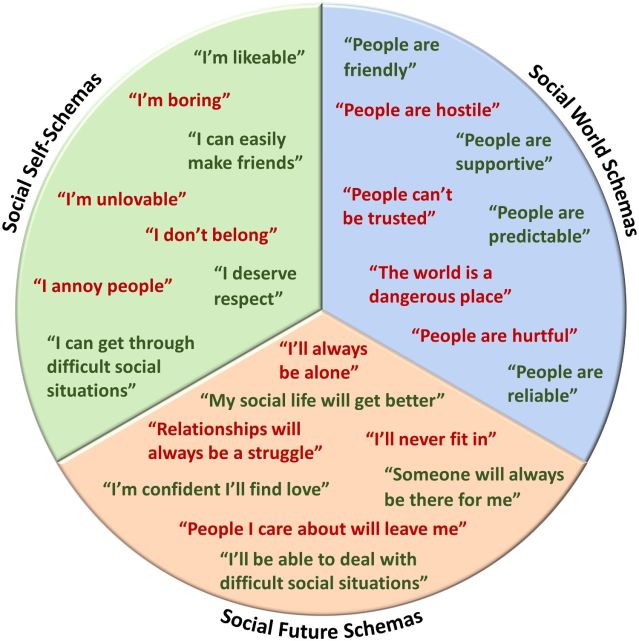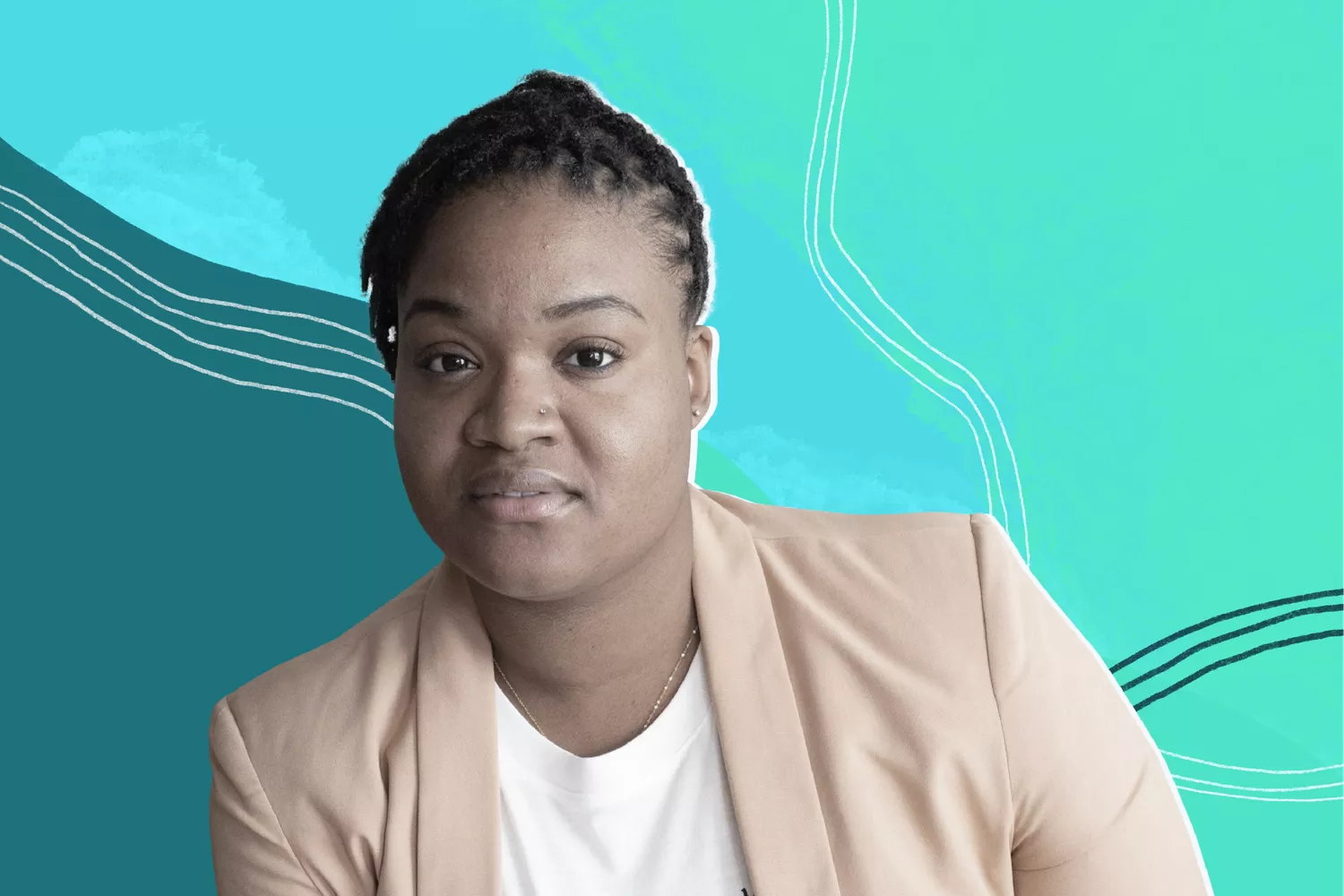Relationships
The Ultimate Guide to Social Mindfulness & Vitamin S
In a distracted, always-on world, one hidden superpower quietly protects our mood, focus, and mental health: social mindfulness—the choice to notice others’ needs before we act. Paired with “Vitamin S” (social connection), it becomes a daily, science-backed habit that boosts happiness, resilience, and overall well-being.
This guide breaks down what it is, why it matters in 2025, and how to turn small, intentional interactions into lasting emotional fuel.
What Is Social Mindfulness? (Quick Answer)
Social mindfulness is the practice of being thoughtfully aware of others’ choices, comfort, and dignity in the moment, and adjusting your behavior so they feel respected and included.
In 40–50 words:
Social mindfulness means pausing long enough to consider how your decisions affect others’ options, emotions, and sense of belonging. It shows up in small choices—leaving the last seat, listening fully, offering flexibility—that signal, “You matter here.” Repeated over time, these moments strengthen trust, mood, and community.
Why Social Mindfulness and Vitamin S Matter Now
Strong relationships still anchor well-being, but 2025 has made something else clear: micro-moments with strangers and acquaintances also shape our mental health.
Brief chats with a barista, a kind message to a coworker, or letting someone merge in traffic all act as “Vitamin S”—regular doses of social nourishment that:
- Regulate stress and lower perceived loneliness (Harvard, 2024)
- Boost positive affect and emotional stability
- Reinforce a sense of safety and belonging in everyday life
Stanford researchers highlight that people consistently underestimate how much these small gestures impact others’ mood—and their own. That means we walk past free well-being upgrades every day.
People Also Ask: How Does Social Mindfulness Improve Mental Health?
Social mindfulness supports mental health by creating reliable, low-effort moments of connection that calm the nervous system, reduce isolation, and build mutual trust. These interactions make environments feel safer and kinder, which is especially protective against anxiety, burnout, and chronic stress.
Key benefits:
- Less loneliness: Tiny, respectful interactions interrupt isolation loops.
- Better mood regulation: Feeling seen softens daily frustrations.
- Higher trust: Consistent consideration builds a more supportive social world.
People Also Ask: What Is Vitamin S in Psychology?
“Vitamin S” is a metaphor for the emotional nutrients we get from healthy social contact—smiles, short conversations, shared jokes, supportive check-ins. Like a real vitamin, regular small doses help maintain resilience, cognitive health, and happiness more effectively than rare, intense social bursts.
Think of Vitamin S as:
- Small, frequent social touches
- Not limited to close friends or partners
- Accessible even on busy or introverted days
7 Essential Social Mindfulness Habits That Boost Well-Being
1. Leave Options for Others
A core act of social mindfulness is not taking the only or best option when you don’t need it.
- Example: At a cafe, two pastries remain—one unique, one standard. You’re fine with either, so you choose the standard, leaving choice for the next person.
- Example: On public transport, you keep your bag off the last free seat so someone else can sit without asking.
Tip: Before choosing, silently ask: “Will my choice limit someone else unnecessarily?” If yes, adjust.
2. Notice the Human, Not Just the Task
Social mindfulness thrives on seeing people, not just roles.
- Example: You thank the delivery driver by name and make brief eye contact instead of grabbing the package and turning away.
- Example: You acknowledge your coworker’s effort in a rushed meeting: “You carried a lot of this project—thank you.”
Tip: Use one extra sentence that recognizes effort, feelings, or individuality. These micro-moments compound into trust and psychological safety.
3. Listen 5% Longer Than Is Comfortable
Mindful connection often means staying present slightly beyond your default.
- Example: A friend shares a worry, and instead of redirecting to your story, you ask, “What feels hardest about this right now?”
- Example: You resist checking your phone mid-conversation, signaling full attention.
Tip: Practice the “5% rule”: hold eye contact, breathe, and stay with the other person’s perspective just a bit longer than usual.
4. Use Warmth, Integrity, and Competence as Your Compass
We quickly judge others (and are judged) on three core dimensions:
- Warmth: Do you seem kind and well-intentioned?
- Integrity: Are you honest and fair?
- Competence: Can you follow through?
Social mindfulness is choosing behaviors that signal all three.
- Example: You admit a mistake (integrity), apologize sincerely (warmth), and suggest a clear fix (competence).
Tip: In any interaction, aim to show: “I care, I’m fair, and I’m capable.” This reduces friction and deepens trust.
5. Offer Low-Stakes, High-Impact Kindness
Not all kindness has to be dramatic. In fact, small, reliable gestures are often more sustainable.
- Example: Holding the elevator, sharing notes with a colleague who missed a meeting, quickly checking on a neighbor after a storm.
- New example: In a remote team, you normalize 2-minute appreciation shoutouts at the end of calls.
Tip: Choose one daily micro-kindness: a compliment, a patient response, or a small favor without expecting credit.
6. Protect Psychological Safety in Everyday Spaces
Social mindfulness includes avoiding subtle harms that corrode connection.
- Example: Not mocking someone’s accent or mispronunciation.
- Example: Avoiding eye-rolls, sarcasm, or “jokes” that rely on humiliation.
- New example: In group chats, you don’t ignore the quiet person’s idea; you amplify it.
Tip: Before speaking, use a quick filter: “Is it true? Is it kind? Is it necessary?” If it only entertains at someone else’s expense, drop it.
7. Design Your Personal Vitamin S Routine
The ideal dose of Vitamin S isn’t one-size-fits-all.
For extroverts, it might be long conversations; for introverts, a few intentional interactions are enough. What matters is regular, nourishing contact, not constant socializing.
- Example: A quick voice note to a friend, a genuine compliment, a two-minute check-in with a colleague.
- New example: Joining a weekly interest-based group (running, books, language, gaming) where small, predictable connections are built in.
Tip: Aim for at least one meaningful or kind interaction daily. If you feel drained, shorten the duration—not the quality—of your engagement.
Quick Implementation Guide: How to Practice Social Mindfulness Today
Start small. Here’s a simple, mobile-friendly routine you can do anywhere:
- Morning (30 seconds): Send one thoughtful message or thank-you.
-
During the day (1–3 minutes):
- Hold a door, share a smile, or give someone space.
- Ask one genuine question: “How’s your day going, really?”
- In choice moments: Leave the better seat, last item, or prime spot if you don’t need it.
-
Evening (60 seconds): Reflect:
- “Where did I make someone’s day 1% easier?”
- “Where could I be more mindful tomorrow?”
These micro-actions are your daily Vitamin S—consistent, sustainable, and protective.
Common Pitfalls to Avoid
Even with good intentions, certain habits weaken connection and dilute the benefits of social mindfulness.
- Overextending yourself: Trying to be “on” for everyone leads to burnout.
- Performing kindness for approval: When it’s about looking good, people feel it.
- Ignoring boundaries: Mindful connection respects others’ time, privacy, and culture.
- Digital autopilot: Rapid-fire reactions (likes, sarcasm, half-reading) can feel dismissive.
- Selective kindness: Being warm only to people with status or similarity erodes trust.
True social mindfulness is quiet, consistent, and respectful—anchored in awareness, not applause.
People Also Ask: Can You Get Too Much Vitamin S?
Yes, you can feel socially overloaded, especially in dense digital environments. But overload is easier to fix than deprivation. You can reduce intensity or duration while keeping a few high-quality interactions that support well-being, instead of withdrawing completely.
If you feel drained:
- Schedule short alone time after intense social blocks.
- Choose 1–2 meaningful connections instead of many shallow ones.
- Protect “no-scroll” windows to reset your nervous system.
Next Steps: Turning Insight into a Daily Practice
To integrate social mindfulness and Vitamin S into your lifestyle:
- Choose 2 habits from this list to practice for the next 7 days.
- Pair them with triggers (morning commute, lunch break, video calls).
- Check in weekly: Do you feel slightly more connected, calm, or kind?
If your mood, motivation, or relationships feel persistently low, consider:
- Talking with a mental health professional about loneliness or burnout.
- Joining supportive communities (local or online) where respect and kindness are norms.
Social mindfulness is not grand or complicated. It is a series of small, deliberate choices—to see others, to leave room, to act with warmth and integrity—that quietly transform both your inner world and the spaces you move through.








